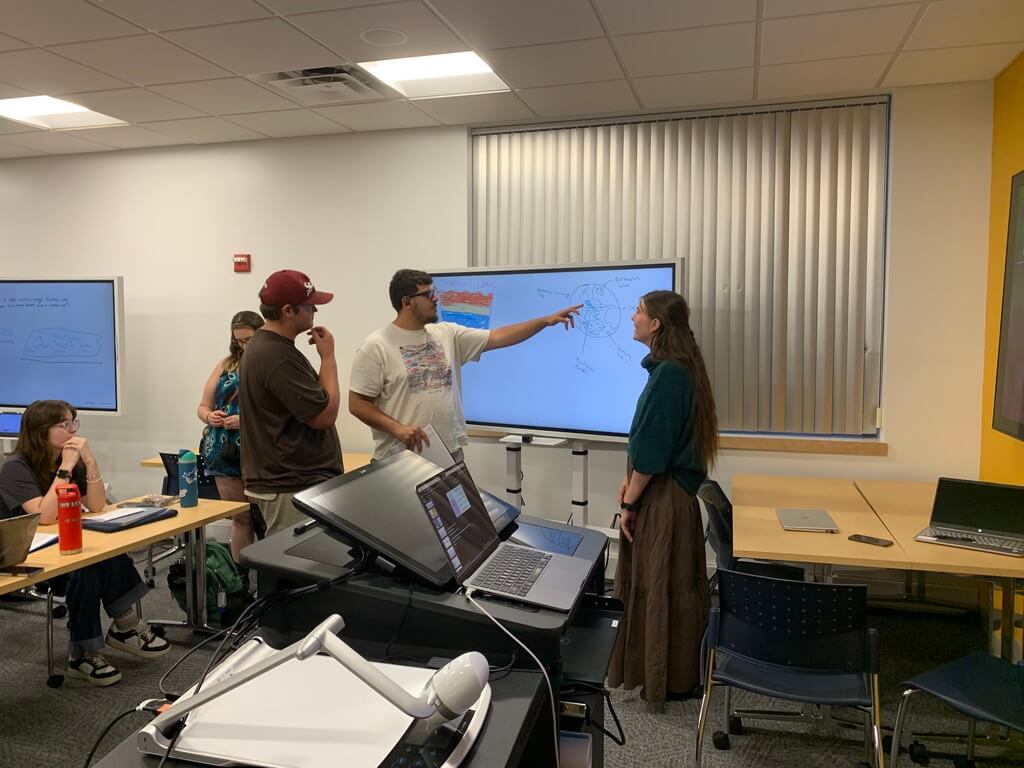
Learning Outcomes
- Apply artificial intelligence and data science to environmental challenges.
- Develop and implement AI-driven sustainability strategies.
- Assess the ethical and social implications of AI in environmental decision-making.
- Integrate AI with business and policy frameworks for sustainability.

Earn Your Degree. Unlock New Opportunities.
$ 99
,960
Annual Salary for a Data Scientist
$ 56.9
B
Projected Global Market Value for AI in Environmental Sustainability (2031)
Immersive Coursework


Machine Learning for Climate Solutions

AI and Climate Resilience and Adaptation
Degree Requirements
To earn a Baccalaureate degree in Artificial Intelligence and Environmental Solutions, you must complete:
- General Education Core: 44 credits
- Program Core: 42 credits
- Electives: 34 credits
University-Wide Requirements: A minimum of 120 earned credit hours, 30 credits at the 300 level or above, a minimum of 30 credits earned at Unity, and an overall cumulative GPA of 2.0 or above.

Artificial Intelligence and Environmental Solutions FAQs
Every course in the major has at least one field trip or immersion experience planned.
These can range from field work at a natural area to visits to green businesses using AI to address environmental problems to conversations with state and local government officials using AI to assist state environmental regulations.
Yes! Every AIE major will complete an internship in a local green business or a capstone course that integrates everything studies in the major.
The student makes the decisions and completes the work that make these opportunities successful. In these courses it’s all on you to show what you’ve learned and what you can do.
Why Unity for Artificial Intelligence and Environmental Solutions

Foster innovative solutions for ecological preservation and resource management.

Drive sustainable development and address ecological issues with cutting-edge technology.


